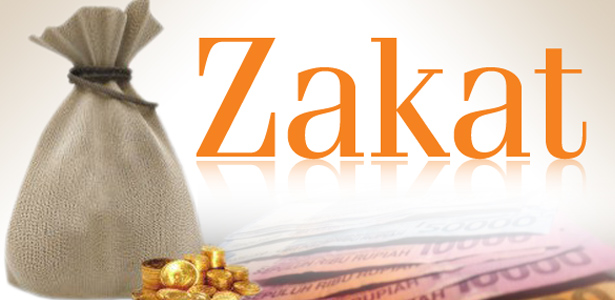Compared to four years ago, Zakat funds increased in record numbers last year, helping more than two million refugees across the world, according to United Nations High Commission for Refugees, UNHCR.
The latest Islamic Philanthropy report of the UNHCR has shown that Islamic Zakat donations in 2020 saw a big increase compared to previous years, amounting to $61.5 million, reaching more than two million displaced people across the world.
- Ogun governor decorates Soyinka as Amotekun Super Marshal
- NAF475 jet missing after deploying against Boko Haram ‘might have crashed’
Compared to the period of 2016-2018, when Islamic donations had reached more than 34,000 people, last year, both Zakat and Sadaqah, along with Sadaqah Jariyah, which are other forms of religious donations, helped nearly 2.1 million people in total.
“Zakat donations increased by 12.5% in 2020 in comparison to 2019, triggering a much higher increase in the number of Zakat beneficiaries, which grew by 59% compared to 2019,” said the report.
The UNHCR report pointed out that more than half of the world’s refugees and IDPs originate in member countries of the Organization of Islamic Cooperation (OIC). There are nearly 80 million people forcibly displaced from their homes across the globe. Due to the pandemic, the lives of both refugees and IDPs have worsened, needing more outside help.
Most Zakat donations went to the Rohingya people from Myanmar and Syria-origin refugees, as well as internally displaced people (IDPs) in Yemen and Iraq, according to the report.
“The Muslim community responded with generosity to UNHCR’s Refugee Zakat Fund, particularly in the context of the pandemic and its consequences. However, needs are still high, and there is much space left to cover for the expenditures of Zakat-compliant activities,” said Koutoub Moustapha Sano, an academic and Secretary-General of International Islamic Fiqh Academy at the OIC.
While Zakat donations increased in record numbers in 2020, this year will need even better numbers to meet the level of $2.7 billion, which the UNHCR estimates for the needy, “to assist 24.2 million persons of concern in Jordan, Lebanon, Yemen, Iraq, Mauritania, Egypt, Bangladesh, India, Pakistan, Thailand, Iran, Nigeria, Burkina Faso and Somalia.”

 Join Daily Trust WhatsApp Community For Quick Access To News and Happenings Around You.
Join Daily Trust WhatsApp Community For Quick Access To News and Happenings Around You.


